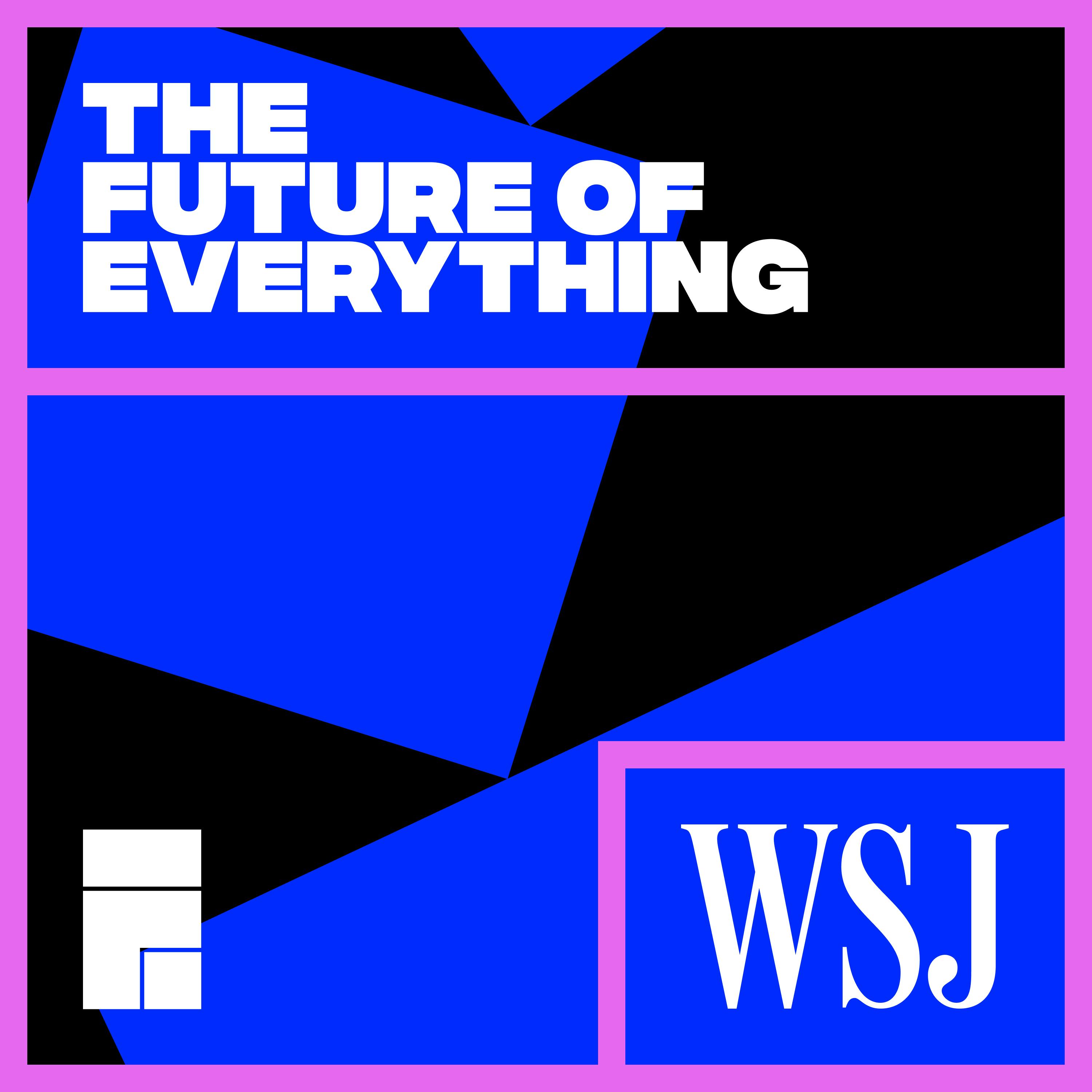- Technology
- SEE MORE
- classical
- general
- talk
- News
- Family
- Bürgerfunk
- pop
- Islam
- soul
- jazz
- Comedy
- humor
- wissenschaft
- opera
- baroque
- gesellschaft
- theater
- Local
- alternative
- electro
- rock
- rap
- lifestyle
- Music
- como
- RNE
- ballads
- greek
- Buddhism
- deportes
- christian
- piano
- djs
- Dance
- dutch
- flamenco
- social
- hope
- christian rock
- academia
- afrique
- Business
- musique
- ελληνική-μουσική
- religion
- World radio
- Zarzuela
- travel
- World
- NFL
- media
- Art
- public
- Sports
- Gospel
- st.
- baptist
- Leisure
- Kids & Family
- musical
- club
- Culture
- Health & Fitness
- True Crime
- Fiction
- children
- Society & Culture
- TV & Film
- gold
- kunst
- música
- gay
- Natural
- a
- francais
- bach
- economics
- kultur
- evangelical
- tech
- Opinion
- Government
- gaming
- College
- technik
- History
- Jesus
- Health
- movies
- radio
- services
- Church
- podcast
- Education
- international
- Transportation
- Other
- kids
- podcasts
- philadelphia
- Noticias
- love
- sport
- Salud
- film
- and
- 4chan
- Disco
- Stories
- fashion
- Arts
- interviews
- hardstyle
- entertainment
- humour
- medieval
- literature
- alma
- Cultura
- video
- TV
- Science
- en
Waste Not, Want Not: A Future Without Food Waste

Every year, even as millions struggle with food insecurity, about a third of all the food produced for humans in the world is thrown away, according to the UN\u2019s Food and Agriculture Organization. That not only means wasting water and energy resources. The food, rotting in landfills, also emits methane gas linked to climate change. Attorney Emily Broad Leib, the director and founder of the Harvard Law School Food Law and Policy Clinic, has dedicated her career to researching ways to end food waste. In this episode, she explains why food waste is such an issue around the world, how laws and regulations inadvertently lead to more food being wasted, and the simple changes to food labeling she says will make for a less wasteful future. \n\nFurther Reading:\xa0\n\nThe Harvard Law School Food Law and Policy Clinic\xa0\n\nRecent WSJ Food Coverage:\xa0\n\nSustainable Chocolate Made Without Cacao | Mary Holland\xa0\n\nHow to Read a Food Label: A Healthy Skeptic\u2019s Guide to the Buzzwords | Elizabeth G. Dunn\xa0\n\nEmily Broad Leib\u2019s recommended reading:\xa0\n\nWaste Free Kitchen Handbook: A Guide to Eating Well and Saving Money By Wasting Less Food | Dana Gunders\xa0\n\nLearn more about your ad choices. Visit megaphone.fm/adchoices